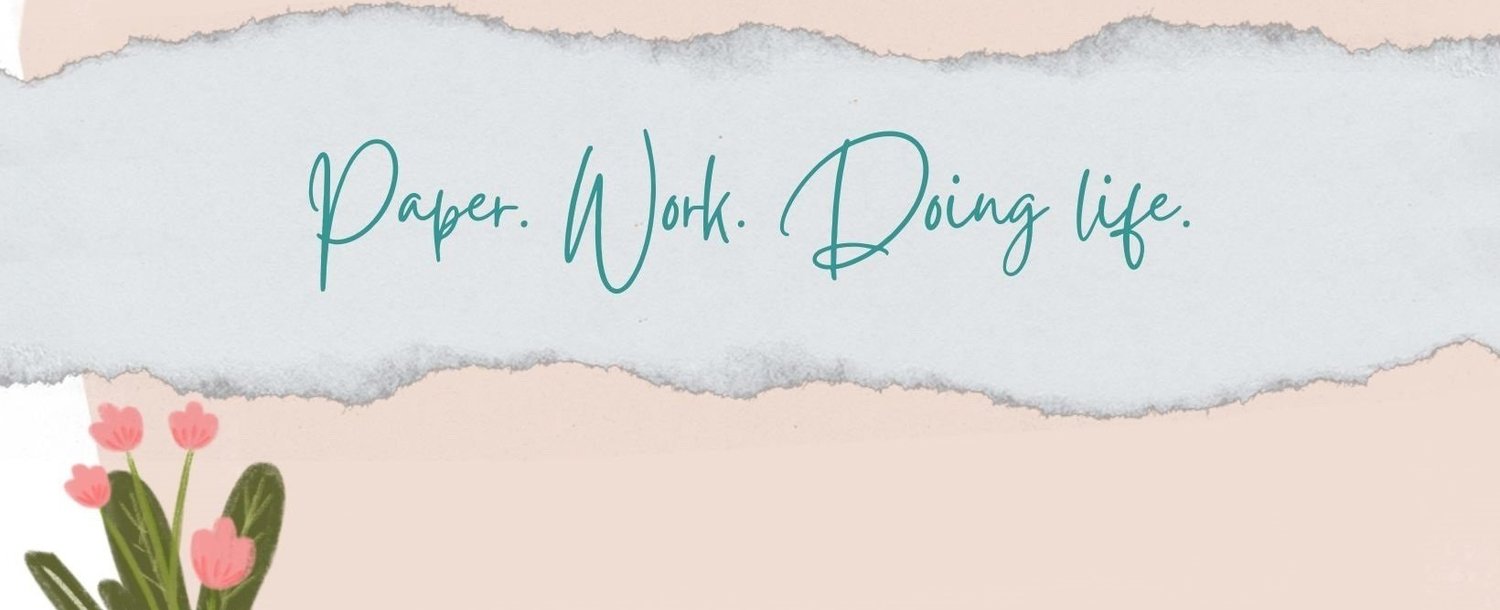She Touched The World - Laura Bridgman, Deaf-Blind Pioneer
Alexander, Sally Hobart and Robert. She Touched the World: Laura Bridgman, Deaf-Blind Pioneer. New York: Clarion Books, 2008.
What a joy to read, the story of Laura Bridgman, rendered blind and deaf from small pox as at age 4, the Alexanders chronicle her story of hope and healing. Long before Anne Sullivan and Helen Keller in the 1830s few proven methods existed for the education of the deaf and blind child. Laura was clearly eager to experience as much as she could of the world around her as she quickly learned to navigate somewhat successfully both in and out of her small farmhouse. Laura’s parents and caretakers were becoming quite frustrated as Laura’s inability to learn and to interact with others was leading to frustrated and willful behavior. Sometimes, as in the case of a fatally burned cat, she was putting herself and others in danger. Fortunately, Dr. Samuel Gridley Howe came to know of her and asked to care for her and educate her in his newly formed Perkins School of the Blind in Boston. Here through a process of trial and error and much patience, Laura learned to attach words to objects and to fingerspell these words in order to communicate. She experienced immense joy in learning, and her vocabulary and ability to speak with others grew in leaps and bounds. She went onto learn to read and write; she was a representative for her school and for education becoming extremely famous in her time. This time period is beautifully represented in the text as well. The medical treatments (or lack of ), the life of a farmer and his family, the hobbies - all are illustrated through text and accompanying photographs of the period. The photos, many from the Perkins school, create the experience of moving through a well organized museum and reliving the past through its artifacts.
I have written before of my fascination with Laura Ingalls Wilder and her life and family. Part of my pleasure in reading this book likely stems from its time period. I have always wondered about Mary Ingalls experience as a blind child, at the blind school, in life generally. While Mary was born 35 or so years after, I imagine she benefitted a great deal from the work of Laura Bridgman and Dr. Howe. I was also fascinated by the people whom she met over the course of her life – Charles Dickens, Sophia Peabody, Charles Darwin, Julia Ward Howe. I would love to have been a fly on the wall for any of these meetings.
I plan to use this title in a book talk for 8th grade reluctant readers. Most of them read about Helen Keller in 7th grade reading, so they will be interested to note that Laura Bridgman taught Anne Sullivan how to fingerspell, giving her the tool to unlock the world for Helen Keller years later. Also, I am always happy to give them examples of children who long to learn, who love the accomplishment of it. I will be talking about Malala in the same book talk. I can certainly draw many parallels between these two girls who fought seemingly impossible circumstances for the ability and the right to learn.
As a cool side note for me, the authors Sally Hobart Alexander and her husband Robert Alexander are from Pittsburgh, pretty local to me. This note and Sally's own experience as a blind woman will also pique the interest of the kids. A cool article about her here.
